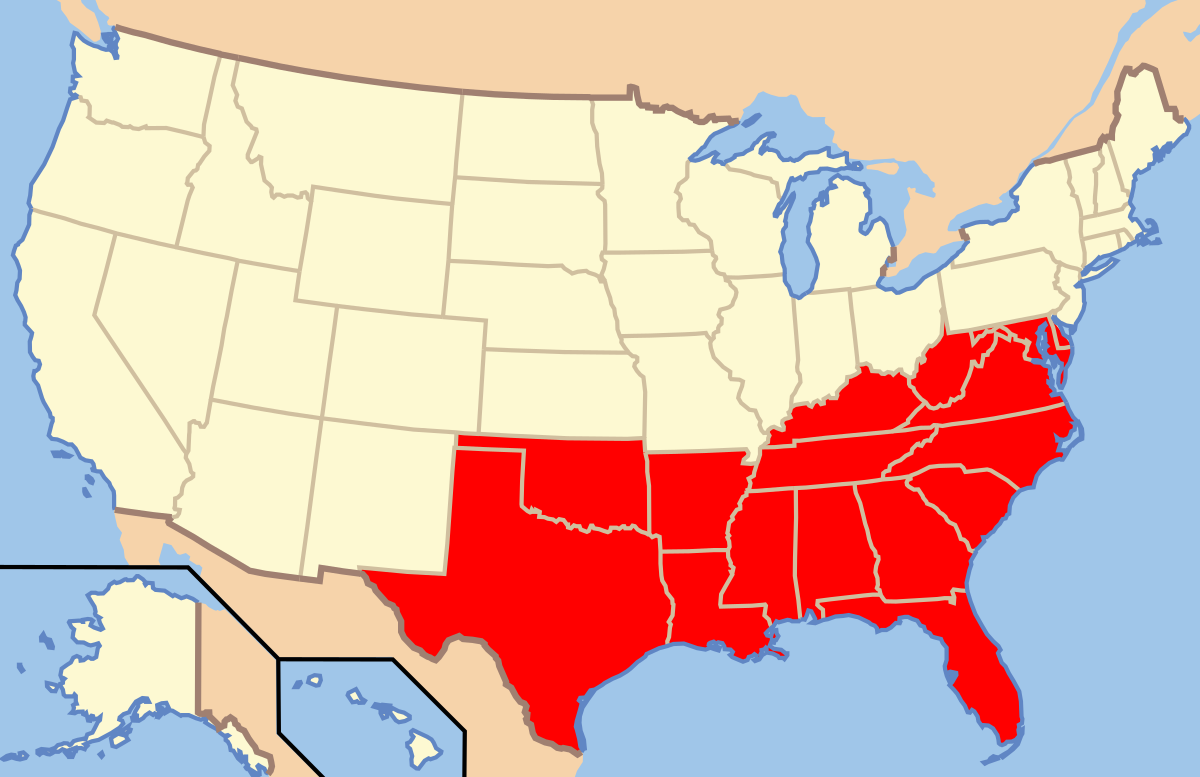The parties traded places
Today, it’s a Republican President, Donald Trump, who has changed his allegiance to a Southern state, Florida, and is appealing to nostalgia for the Confederacy and stoking racial divisions, not trying to end them or get past them. So it was factually true and sounded good in real time when Clarence Henderson, a Black man who marched for civil rights in the 1960s and now supports Trump, said this Wednesday night during the convention:
“I’m a Republican. And I support Donald Trump. If that sounds strange, you don’t know your history. It was the Republican Party that passed the 13th Amendment, abolishing slavery. It was the Republican Party that passed the 14th Amendment, giving Black men citizenship. It was the Republican Party that passed the 15th Amendment, giving Black men the right to vote. “
That’s true! But he missed the second part, about the fight over civil rights in the ’60s and the dramatic party realignment that’s happened since then.
It was George Wallace, a former Democrat and a segregationist, who won five Southern states in the 1968 presidential election.
It was Republicans like Richard Nixon, Ronald Reagan and now Trump who mainlined the fears of white working-class voters Wallace embodied.
It was Democratic presidents in the ’60s who enacted civil rights legislation. It’s Republicans trying to undo that now.
The linchpin moment of this realignment was the passage of the Civil Rights Act, which scrambled party allegiances and led Lyndon B. Johnson, the Democratic President from Texas (hard to imagine today), to lament that Democrats had given away the South for a generation. That quote may be apocryphal, but it certainly feels true when you look at the electoral map, where the South is red and the Northeast and West Coast are blue.
I talked to Andra Gillespie, an Emory political scientist, about this recently and asked her if Black voters are on the cusp of gaining new power in the South. She described how the party power shifted in this country. “When Barry Goldwater (the GOP nominee in 1964) came out in opposition to the Civil Rights Act, that was the signal to the Democratic segregationists that the Republican Party might actually be more of a home for them,” she said.
“You have the vast majority of White voters, over a 50-year period, changing their party identification and voting behavior to the Republican Party. It turned African Americans, the largest minority in the South, into a permanent minority position,” she continued. “Because even though they make up about a third of the population in states like Georgia, Alabama, Mississippi and Louisiana, if all the Blacks vote Democratic and all the Whites of vote Republican or close to it – I don’t want to over-generalize here, but two-thirds is always going to beat a third.”
That math might be changing, but it still holds this election. Regardless, today, more than 100 years later, the vast majority of Black voters identify as Democrats. And Republican majorities in the South have worked hard to make it more difficult for minority voters to cast ballots.






